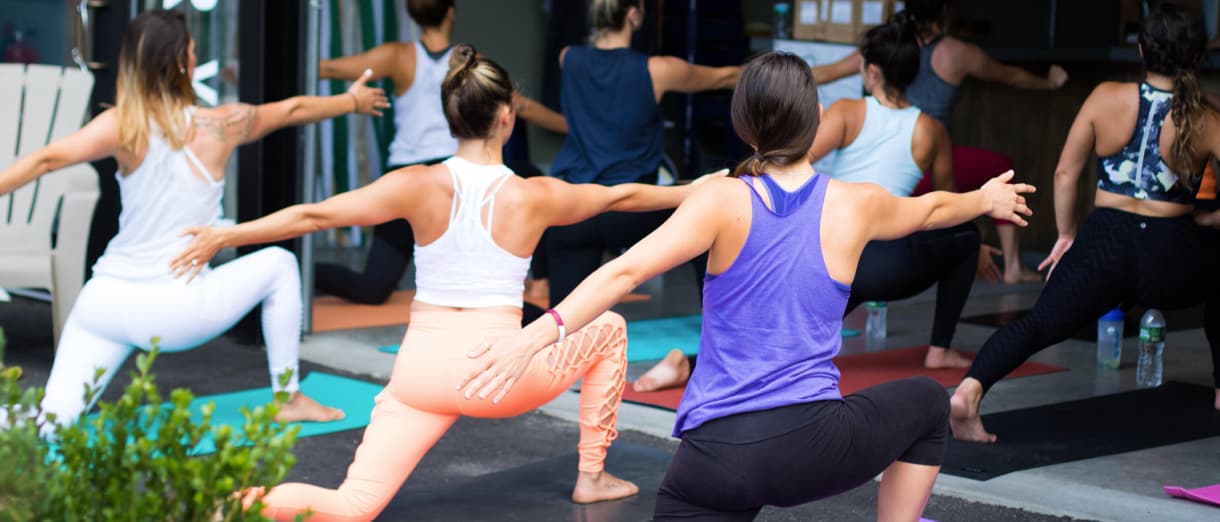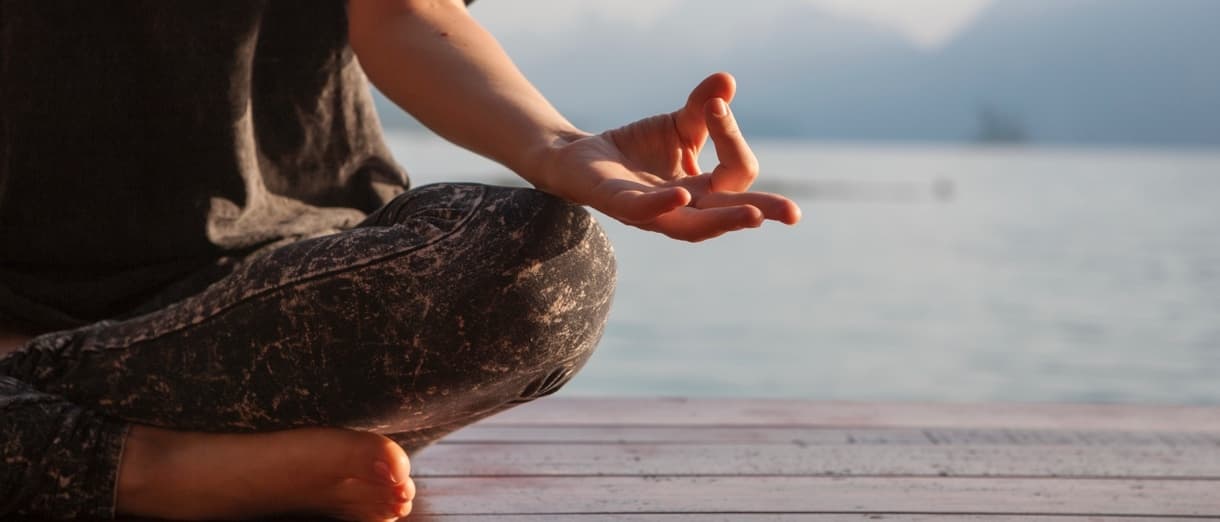Three Strategies for Adding a Wellness Component to B2B Events


For so many people, paying attention to mental health, physical well-being and overall wellness has never been more essential. Between pandemic fatigue, mounting environmental concerns and pressing global issues, it’s safe to assume the majority of the population’s stress levels are higher than usual. And brands would do well to factor wellness strategies into their events to help audiences find moments of calm and renewal.
When we think about B2B events in particular, this is important as most attendees are doing their best to balance multiple back-to-back sessions, engage/network and manage work emails. Adding a physical and/or mental health element can go a long way toward taking some of the stress off of the attendee experience.
Plus, wellness-based activities are designed to rejuvenate participants and can help them be better equipped to focus on the broader event experience. Read on for three ideas on how to incorporate a wellness strategy into your next business event.
Provide spaces designed to soothe and motivate calm
One of the most important things to consider while planning events moving forward is providing meaningful opportunities for attendees to slow down and even enjoy a relaxing activity—and they don't have to be formal in nature.
As Kelly Knowlen, executive director of sales engagement and special events for Hilton, states in a Northstar Meetings Group article, “planners have been reserving meeting rooms and designating them as ‘quiet spaces,’ allowing attendees to use them for meditation, yoga or just a break from events.”
Having an opportunity to step away from the hustle and bustle of attending a conference to refresh and recharge in a soothing environment can leave attendees feeling ready to get back out there and even help them be more energized. What’s more, providing a range of calming, therapeutic activities that don’t require conversation or person-to-person engagement can have a highly positive impact on both participants’ mental health as well as their levels of enjoyment.
“Experts and research studies alike confirm that, especially in our loud world, time spent in silence can bring numerous health benefits,” notes Healthline. “Though an absence of sound may suggest emptiness, you may discover that dialing down the noise offers surprising fullness for body, mind, and spirit.”
And of course, the right atmosphere is equally important to any activities being offered—a good place to start is playing serene or peaceful sounds, incorporating a neutral color palette and giving attendees plush areas to sit down and unwind. Another idea when forming wellness strategies? Think green.
“Plenty of studies have found that exposure to nature or vegetation — even just looking at photographs of plants — can have a positive impact on one's mental health and well-being,” writes Alex Palmer for Northstar Meetings Group.
Offer moments of physical activity
While taking a moment to rest or engage in a peaceful activity like meditation can do wonders for restoring energy and boosting overall wellness, so can small bursts of movement. There seems to be an increase in the amount of events and conferences offering opportunities for attendees to exercise together or engage in physical activity.
Aside from dedicated workout sessions, another thing that’s important to consider when developing wellness strategies is providing participants with the opportunity to get up or be active throughout the duration of the conference. Yes, they may end up doing a lot of walking in between sessions (which is great), but some sessions can last for a long time and prolonged sitting is known to do more harm than good.
In a time when Zoom conferences and taking in events while sitting at our desks has been more prevalent than ever before, it’s key to offer up small yet frequent opportunities for movement.
“Any movement included in sessions helps restore attentiveness to where it was when participants first sat down,” notes Nina Zhang in a Smart Meetings piece. Zhang goes on to suggest multiple activities like encouraging attendees to engage in leg-stretching exercises or move their shoulders around.
So taking a moment here and there to encourage attendees to participate in a quick “movement break” can not only boost their physical activity but also refresh their headspace and get them ready to hop back into learning mode.
“So if you spend a lot of time sitting at your desk during the work day, regular activity breaks will help you to keep your concentration on the task in hand,” notes an article published by The Conversation.
Reach attendees on a multi-sensory level
In addition to movement or calming activities, another route to consider taking when developing wellness strategies is to stimulate the senses. For a recent example, we can look to the W in Fort Lauderdale, which is now offering up a new comforting, multi-sensory experience for meeting attendees within the venue.
Writing about the experience for BizBash, Claire Hoffman describes the “Sensory Reset” environment and all of the ways it’s designed to be pleasurable and rejuvenating for visitors.
“Highlights include fidget spinners for touch, ASMR videos on loop for sight and sound, aromatherapy and an oil bar for smell, and a selection of mints, frozen fruit and other bites for taste,” writes Hoffman.
On their own, each of the options within the environment would provide a way for attendees to refocus and/or release any tension or stress they may be going through. Yet in combining them and offering them in one single place, attendees get to enjoy a well-rounded, soothing experience that speaks to every one of the senses.
Once considered luxurious additions to B2B conferences and events, wellness experiences are undoubtedly more necessary than ever before. And while there isn’t one set way to go about creating wellness strategies, there are a few components that should be carried through regardless. These include finding a like-minded venue, providing attendees with a range of options to choose from and considering both mental and physical health, whether the event is on-site or online.


